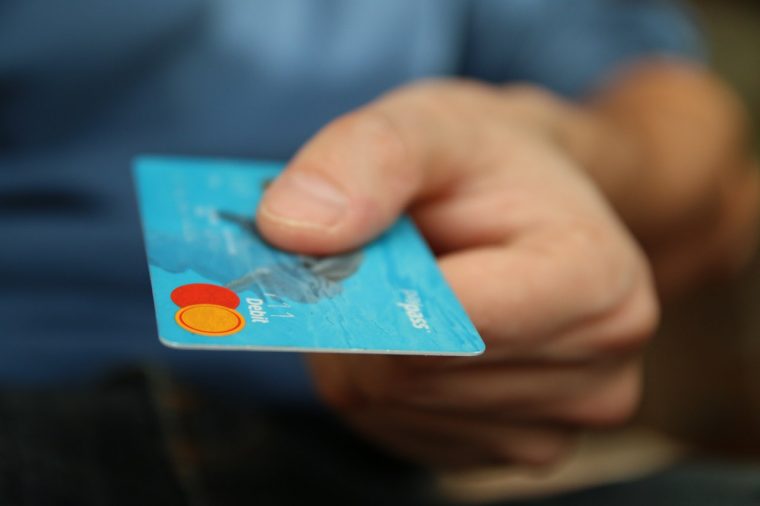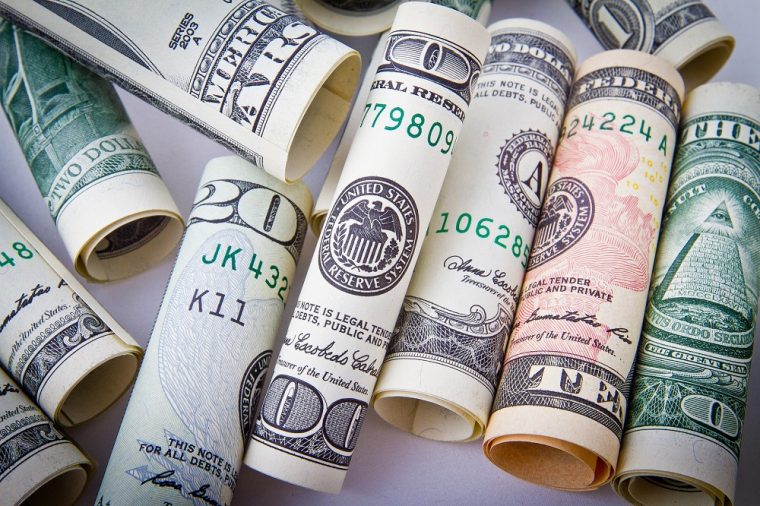5 Facts You Need to Know if You Have a Fair Credit Score
It’s easier now than ever to get your credit score for free. Whether you want to buy a car or a new home, financial institutions base a lot of their loan decisions on your credit rating. Because your credit score is a solid indication of your financial health, you’ll want to be sure you improve yours before applying for a loan.
Credit scores can vary greatly from 300 to 850. Within those parameters are five ranges starting with poor and ending with exceptional. But what is a fair credit score? Fair credit is the range between 580 and 669, and is considered the bridge between very bad and good credit. When applying for loans, it’s important to understand that there are additional factors that impact creditworthiness as well as the two types of fair credit.
The range
As stated previously, the range for fair credit is 580-669. Given that credit scores have a 550 point spread, you would expect average credit to be somewhere in the middle, like 600. In actuality, 66 percent of consumers have either good, very good, or exceptional credit. Fair credit is a gray area where you can qualify for some loans, but you won’t get great rates and may even be declined outright. Even if you fall within the fair credit range, you really want to have a minimum score of 620 to have any serious chance of qualifying for a loan.
It’s just a single factor
Besides understanding your credit score, it’s also important to remember that a fair credit rating is only one single factor financial institutions use to establish creditworthiness. Banks also look at loan specific information to round out their assessment of your credit standing. Major derogatory information such as bankruptcy can ruin your chance of getting a loan. But if you are applying for an auto loan, they will look specifically at your auto history. Therefore, if you have a poor payment history or a repossessed vehicle, it will count against you despite your score.
Two kinds of fair credit
In addition to the fair credit range being split down the middle, there are also two types of fair credit: true fair credit and circumstantial.
- True fair credit
- This is fair credit in the truest sense and it means the score is based upon factors involving your credit usage. If you have too much outstanding credit, not enough history, or too much history (derogatory events more than three years old), you may be saddled with fair credit.
- Circumstantial fair credit
- Recent negative events or circumstances may dictate a change in your credit score if you have otherwise good credit.
How to improve fair credit
- Build better credit
- One way to improve your credit score is with more positive history. Continue to build a consistent track record of on time payments. Even if you have older derogatory events, your score will continue to improve over time.
- Lower your balance
- How close your balance is to your credit limit actually affects your credit score. You don’t have to go over your limit to have a negative impact. Pay attention to your balance to loan ratios and widen the gap wherever you can.
- Debt to income
- This is a major factor in determining creditworthiness. If you have too much outstanding debt, it will work against you. Creditor history is also important though. That means you want little to no balance, but you also want to keep those creditor accounts active.
Fair credit loans
Good loan sources
As long as you have a 620 credit score and no derogatory events, you can still get reasonable loans through a bank or credit union. Unsecured peer to peer loans are also a consideration. Loan aggregators are also a good way to cast out a wide net and avoid the hassle of meeting the credit demands of various institutions.
Bad loan sources
Two types of loans to avoid with fair credit are home equity loans and payday loans. Payday loans are bad because they directly connect to your paycheck and leave you constantly falling short; they also have terrible interest rates. Home equity loans are not a good option either with a fair credit rating, as these loans are highly score driven. In addition, there is too much at risk with home equity if you don’t have good credit.
Although you may feel defeated if you have a fair credit score, it’s still possible to not only improve your score, but you’ll also still have a chance to acquire loans if you follow these tips.
This is a collaborative article.

The News Wheel is a digital auto magazine providing readers with a fresh perspective on the latest car news. We’re located in the heart of America (Dayton, Ohio) and our goal is to deliver an entertaining and informative perspective on what’s trending in the automotive world. See more articles from The News Wheel.



